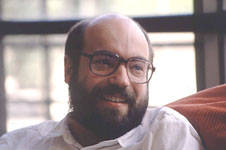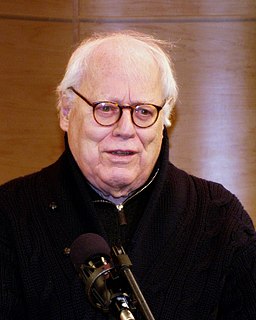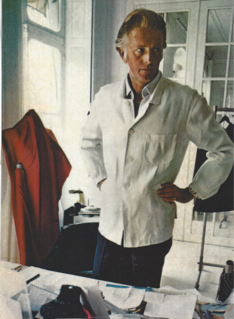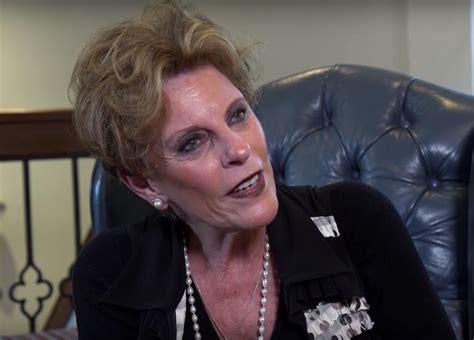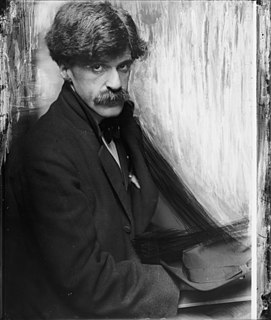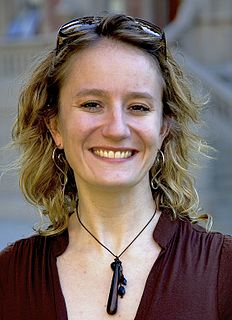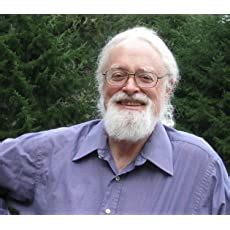A Quote by Mark Weiser
The most profound technologies are those that disappear. They weave themselves into the fabric of everyday life until they are indistinguishable from it.
Quote Topics
Related Quotes
The technologies which have had the most profound effects on human life are usually simple. A good example of a simple technology with profound historical consequences is hay. Nobody knows who invented hay, the idea of cutting grass in the autumn and storing it in large enough quantities to keep horses and cows alive through the winter. All we know is that the technology of hay was unknown to the Roman Empire but was known to every village of medieval Europe. Like many other crucially important technologies, hay emerged anonymously during the so-called Dark Ages.
These commonplace categories - wife, mother, housewife, teacher - are in fact teleological referents. They gesture to profound states of being that animate, absorb and saturate the subject, like indelible dyes spilled repeatedly over a plain fabric. No matter if the fabric is sturdy or delicate, translucent or opaque, those dyes will stain. They will color the days and years and life.
The technologies which have had the most profound effects on human life are usually simple. A good example of a simple technology with profound historical consequences is hay. ... It was hay that allowed populations to grow and civilizations to flourish among the forests of Northern Europe. Hay moved the greatness of Rome to Paris and London, and later to Berlin and Moscow and New York.
